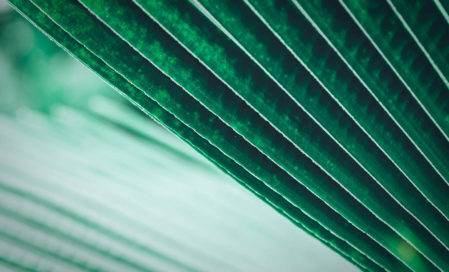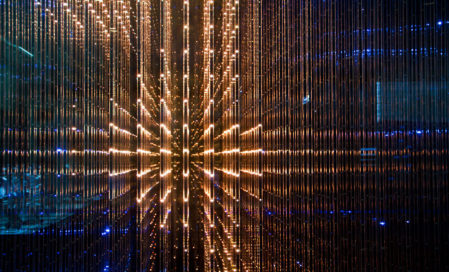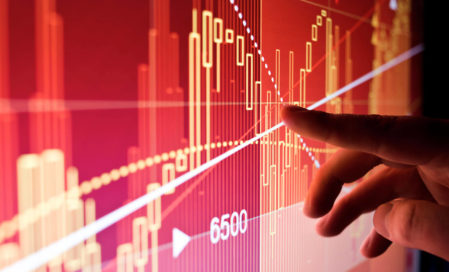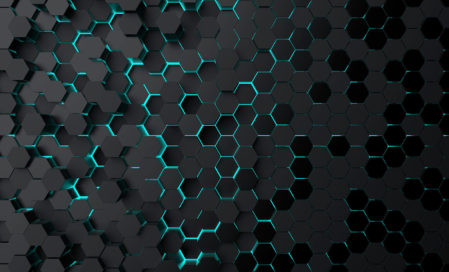The 2023 IVC – GNY – KPMG Israel and The Israeli Innovation Auority Investors Report examines the trends and activities of investors in the Israeli tech ecosystem. The report analyzes fundraising and investment activity by Israeli VCs, the availability of capital for local tech ventures (Dry Powder), foreign VC funds, Israeli and foreign corporate VC funds, and Israeli institutional investors.
The Israeli VC ecosystem includes 226 active VC management companies (MCs). The largest 24 Israeli MCs, each with over $500m under management, have an estimated total of over $29 billion under management.
Shlomo Landress, Partner and Head of Technology Practice, Gornitzky GNY: “There is a decrease in the valuations of Israeli start-up companies, making them more attractive for investments. The Start-up Fund launched by the Israel Innovation Authority seeks to invest NIS 0.5 billion in early-stage rounds alongside VC funds. These two factors lead to the expectation that a significant portion of the $10.08 billion reported as available for investment by VC funds be deployed in the near future.” Landress added that: “the recent improvement in the technology sector in the United States could also contribute positively to the technology investment landscape in Israel.”
Israeli VC fundraising suffered a notable decline in 2023. Just 21 Israeli VC funds succeeded in raising a mere $1.52 billion in total, a 66% fall in the number of funds and a 74% drop in capital volume compared to 2022. The amount was the lowest since 2015, while the number of funds aligned with 2015 and 2017.
Three VC funds accounted for 51% of the total capital, raising over $200m each: Qumra Capital IV, TLV Partners V, and Viola Growth IV.
According to IVC’s measuring model of Israeli VC funds allocations and capital availability, 2023 concluded with $1.14 billion, reflecting the lowest Israeli VC fund capital allocation volume since 2015.
According to the Investors Report, Israeli venture capital funds have an estimated $10.08b remaining for investments in Israeli tech companies. Approximately $2.38b (24%) is available for new investments, while $7.7b (76%) is allocated for existing portfolio companies.
In 2023, Israeli institutional investors contributed an estimated $143 million in direct investments in Israeli tech companies (depending on the final institutional activity report, this number may vary by up to 20%), a notable 70% fall from $486 million in 2022. The number of deals dropped by 55%.
Analysis of the most active VCs by First Investments in Israeli high-tech companies revealed a notable decrease in Israeli portfolio expansion by foreign VCs. Samsung Next (13), Longevity Venture Partners (7), and NFX (6) led the first investments in 2023, compared to 2022 when four foreign funds accounted for more than 12 first investments each. The most active Israeli VCs in 2023 were Fusion (a micro-fund), with an exceptional 23 first investments, followed by imvestment platform OurCrowd (16) and mico-fund Fresh Fund (9).
The First Investments level by foreign CVCs in 2023 dropped to the 2015 level, while Israeli CVC activity almost ceased. Intel Capital and PayPal Ventures led the 2023 first investments list with four new portfolio companies each.
For more analytics and data, read the full report.











